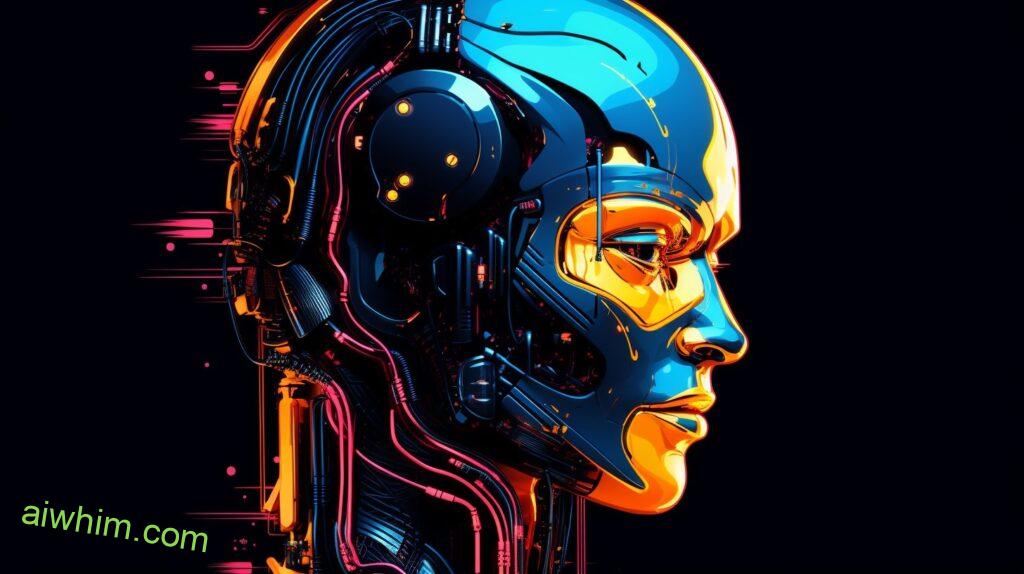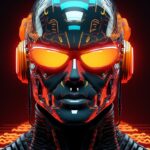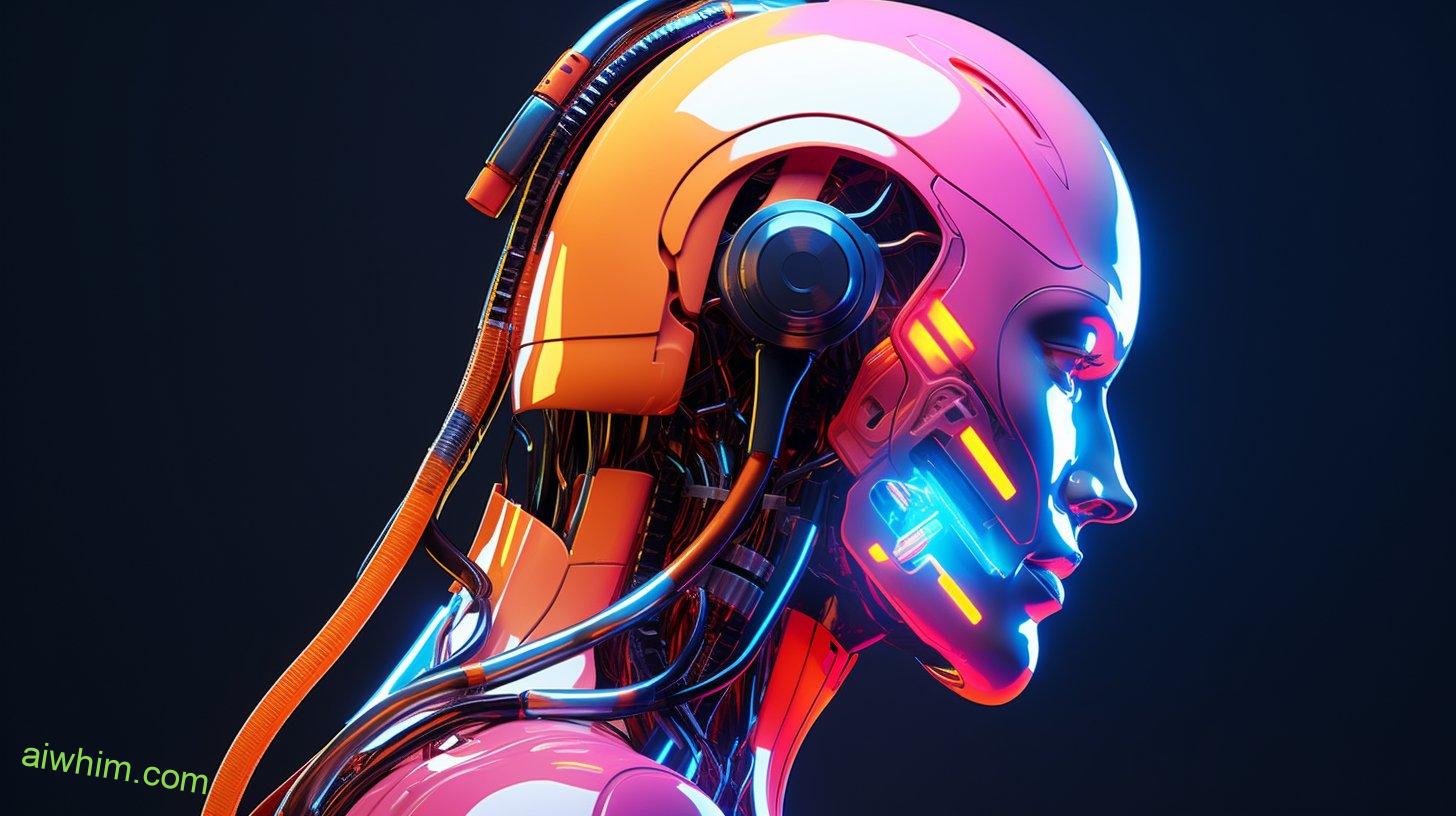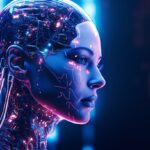Imagine a world where the symphony of music education is conducted not by skilled teachers, but by the precise algorithms of artificial intelligence. As technology continues to evolve at an unprecedented pace, the role of AI in various industries becomes increasingly prominent.
In the realm of music education, AI-powered platforms are revolutionizing the way people learn and create music. While this advancement brings undeniable benefits, it also raises concerns about the job security of music teachers.
But what does this mean for the future of music education? How will AI impact the curriculum, and is there a way for human teachers and AI to coexist harmoniously?
Key Takeaways
- AI technology revolutionizes music composition and makes music education more accessible and affordable.
- AI-powered platforms provide personalized feedback, real-time analysis, and customized learning experiences.
- AI simplifies music theory and expands the possibilities for musicians to develop their unique sound.
- While there are concerns about job security for music teachers, their role in providing human connection, guidance, and inspiration cannot be replicated by AI.
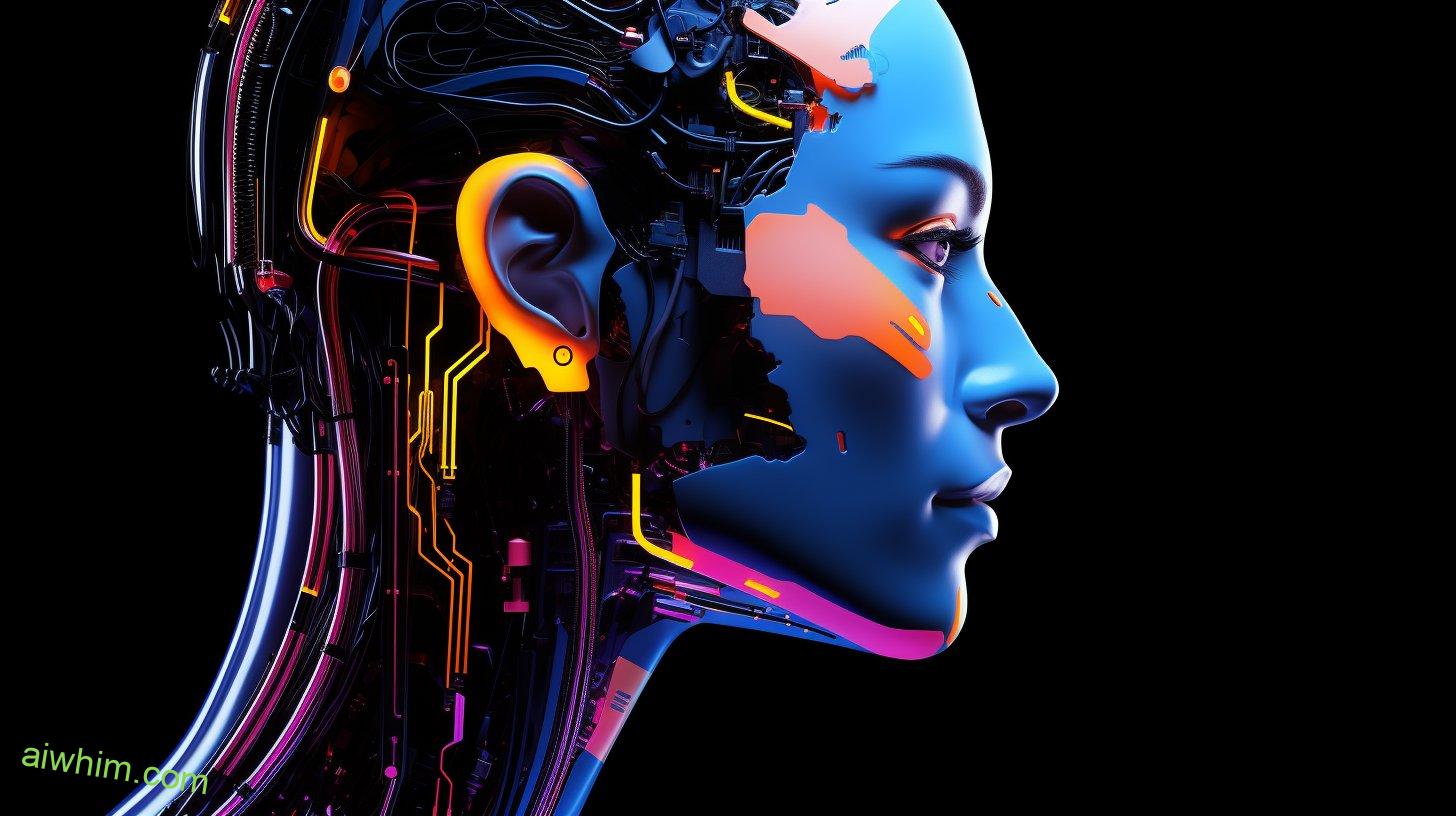
The Rise of AI in Music Education
The rise of AI in music education is revolutionizing the way you learn and teach music. AI technology has taken on a significant role in music composition, enabling musicians to explore new creative possibilities and break traditional boundaries. With AI algorithms that can generate melodies, harmonies, and rhythms, the role of AI in music composition has become indispensable. AI has the potential to inspire and assist you in creating innovative and unique musical pieces that you may have never thought of before.
In addition to its impact on music composition, AI is also transforming music pedagogy. Traditional music education often involves one-on-one lessons with a teacher, which can be time-consuming and expensive. However, AI-powered platforms and apps have made music education more accessible and affordable for everyone. These platforms leverage AI algorithms to provide personalized learning experiences, tailored to your individual needs and preferences. Whether you want to learn a specific instrument or improve your music theory knowledge, AI can offer interactive lessons, feedback, and practice exercises, helping you progress at your own pace.
Furthermore, AI technology has made it possible to analyze and understand music in ways that were previously unimaginable. With the ability to analyze vast amounts of musical data, AI algorithms can identify patterns, trends, and structures within music compositions. This knowledge can then be used to enhance music education by providing insights into different musical styles and genres, helping you develop a deeper understanding and appreciation for music.
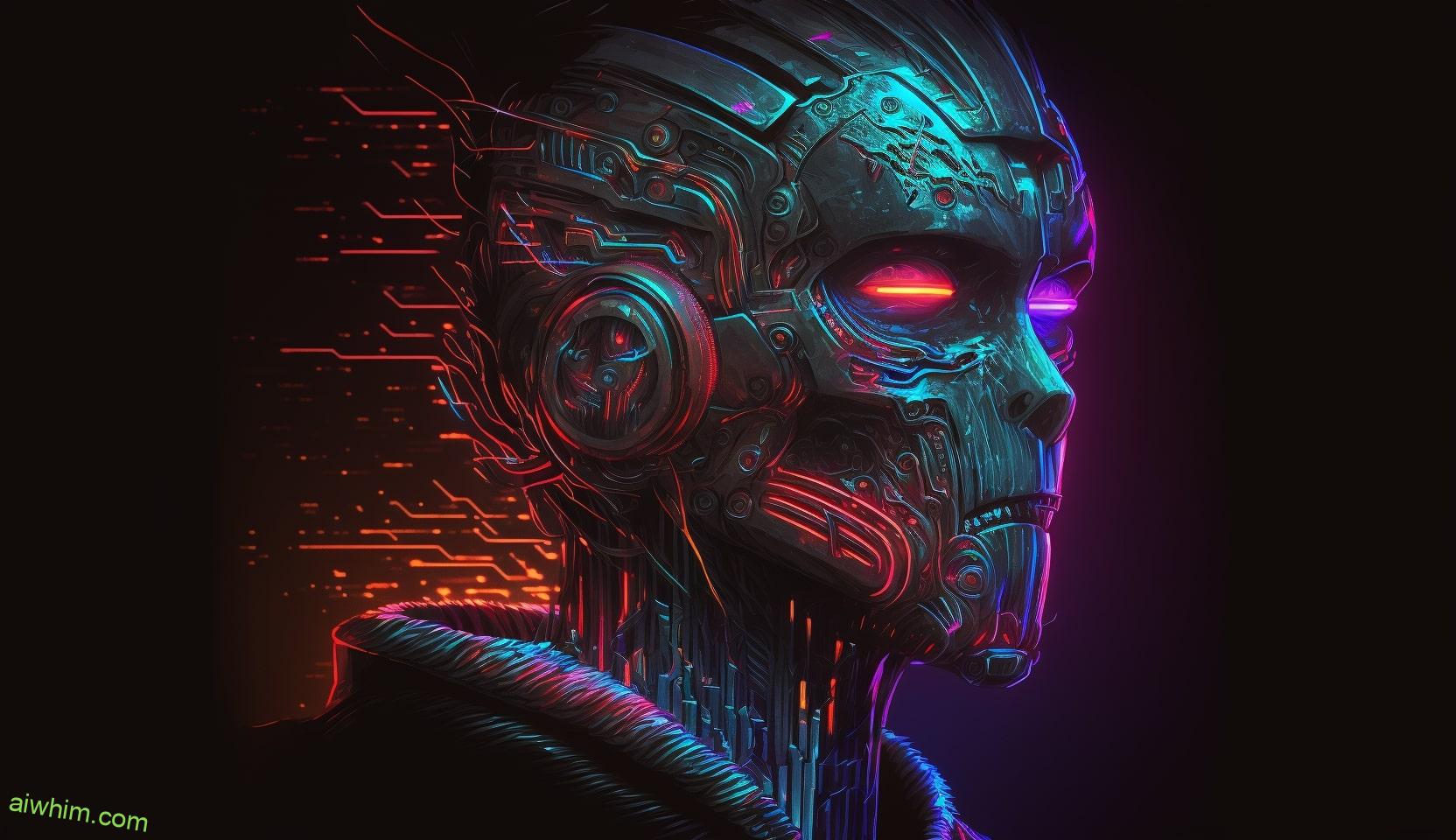
AI-Powered Platforms for Music Learning
Enhance your music learning experience with AI-powered platforms. These innovative tools offer personalized feedback and real-time performance analysis, empowering you to take control of your musical journey. With AI technology, you can enjoy the freedom to learn at your own pace, explore various genres, and receive instant guidance on technique and expression.
Imagine receiving feedback tailored specifically to your playing style and skill level. AI-powered platforms analyze your performance in real time, providing detailed insights on areas for improvement. Whether you’re a beginner struggling with rhythm or an advanced musician looking to perfect your phrasing, these platforms offer valuable suggestions to help you enhance your musicality.
The beauty of AI-powered platforms lies in their ability to adapt to your individual needs. They can identify your strengths and weaknesses, allowing you to focus on areas that require more attention. Through customized exercises and practice plans, these platforms guide you towards steady progress, ensuring that you reach your musical goals effectively.
Furthermore, AI-powered platforms offer the convenience of anytime, anywhere learning. Gone are the days of scheduling lessons and commuting to music schools. With just a few taps on your device, you can access a vast library of resources, tutorials, and interactive lessons. Whether you prefer learning through sheet music, videos, or audio recordings, these platforms cater to your preferred learning style.
Embrace the power of AI and unlock your full potential as a musician. With AI-powered platforms, you can receive personalized feedback and real-time performance analysis, all while enjoying the freedom to learn on your terms. So why wait? Start your musical journey today and let AI be your trusted companion along the way.
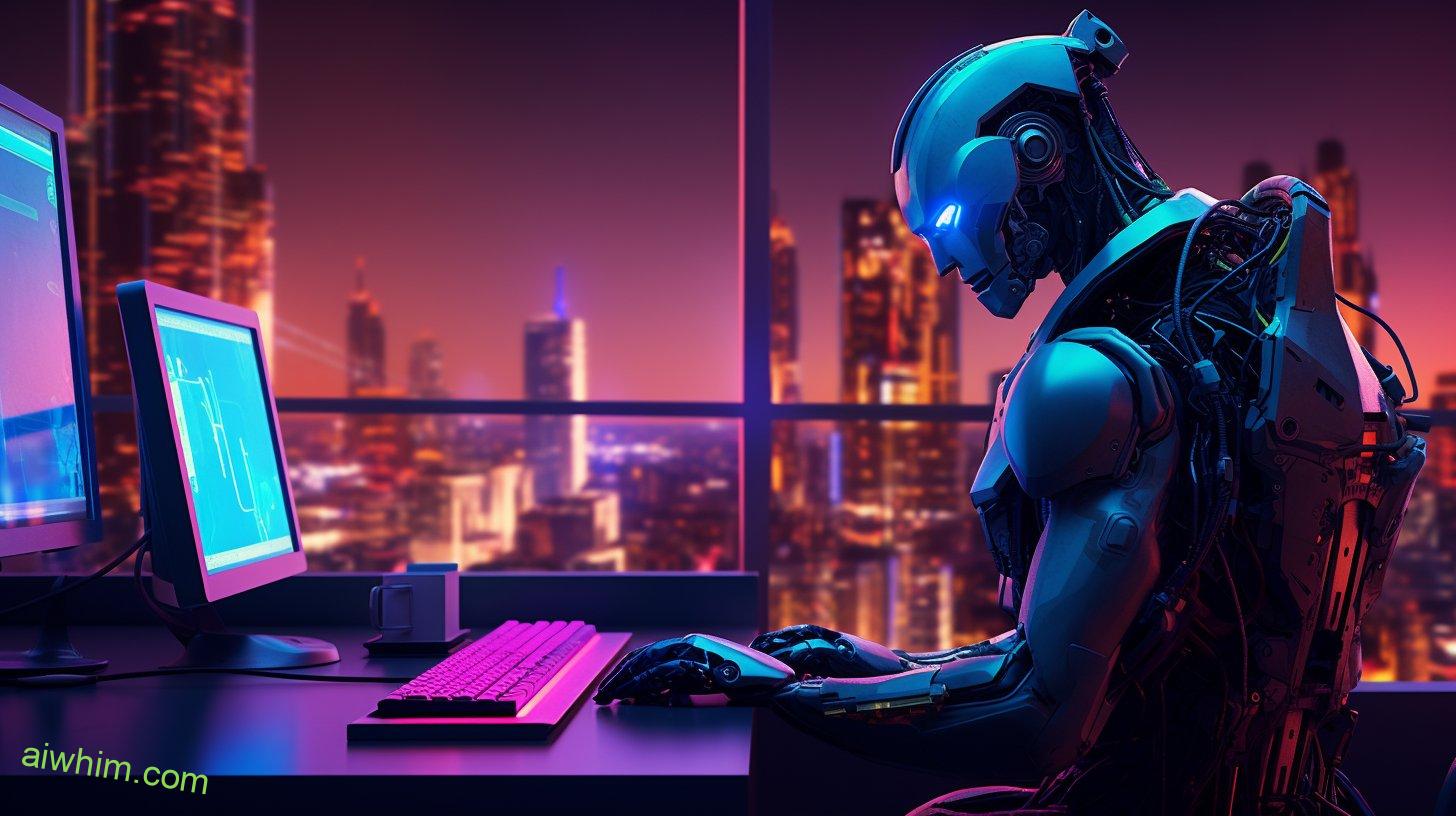
Benefits of AI in Music Education
Imagine how AI can revolutionize music education by providing personalized learning experiences and expanding the possibilities for musicians of all skill levels. With AI-assisted music composition, aspiring musicians can now easily create their own original compositions. AI algorithms analyze existing musical compositions, identify patterns, and generate new melodies and harmonies that align with the musician’s style and preferences. This allows musicians to explore different musical ideas and experiment with creativity, enabling them to develop their unique sound.
AI-based music analysis is another valuable tool in music education. Traditional music theory can often be complex and intimidating for beginners. However, AI can simplify this process by analyzing musical compositions and breaking them down into their fundamental elements. This analysis helps musicians understand the underlying structure, chord progressions, and melodic patterns in a piece of music. With this knowledge, musicians can better comprehend and interpret musical compositions, enhancing their overall musicality.
Moreover, AI can provide instant feedback and guidance to students during their practice sessions. By analyzing a musician’s performance, AI can identify areas for improvement, such as timing, technique, and dynamics. This real-time feedback allows musicians to make immediate adjustments and refine their skills. Additionally, AI-powered virtual music tutors can provide personalized instruction, tailoring lessons to each individual’s learning style and pace. This personalized approach ensures that musicians receive the guidance they need to progress and reach their full potential.
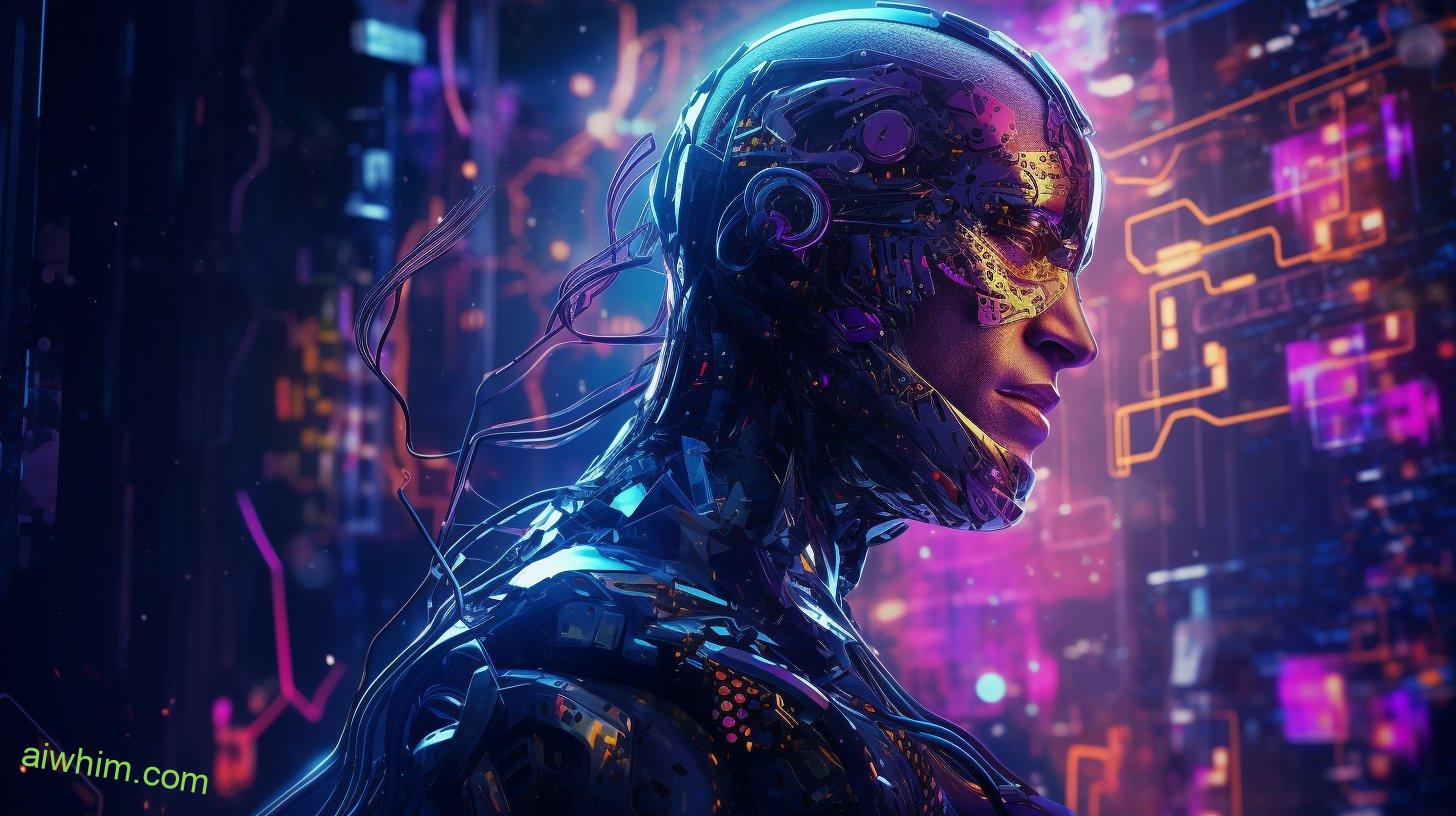
Concerns About Job Security for Music Teachers
Music teachers are increasingly concerned about their job security due to the rise of AI in music education. As technology continues to advance, it’s inevitable that AI will play a larger role in various industries, including the field of music education. While AI can offer certain benefits, such as personalized learning and instant feedback, its growing presence raises concerns about the future of music teaching as a profession.
One of the main concerns for music teachers is the potential impact of AI on the job market. As AI technology becomes more sophisticated, there’s a fear that it could replace human music teachers altogether. With AI capable of analyzing and reproducing music with great accuracy, some worry that it may render music teachers redundant. This uncertainty about the future of their profession creates a sense of insecurity among music teachers, who rely on their jobs for financial stability and personal fulfillment.
Another concern is the loss of human connection and the unique learning experience that music teachers provide. Music isn’t just about playing notes; it’s a deeply personal and expressive form of art. Music teachers not only teach technical skills but also inspire and guide their students through their musical journey. They provide mentorship, encouragement, and a supportive environment that fosters creativity and growth. AI, on the other hand, lacks the ability to understand emotions and build meaningful relationships with students. This human touch is irreplaceable and essential to the holistic development of a musician.
While AI has its advantages, it’s crucial to recognize the importance of music teachers and their role in shaping future musicians. The job market may evolve, but the human touch, guidance, and inspiration that music teachers provide can’t be replicated by AI. Instead of fearing the rise of AI, music teachers should embrace technology as a tool to enhance their teaching methods and adapt to the changing landscape. By embracing AI and integrating it into their teaching practices, music teachers can continue to provide a unique and valuable educational experience, ensuring their job security in the future.
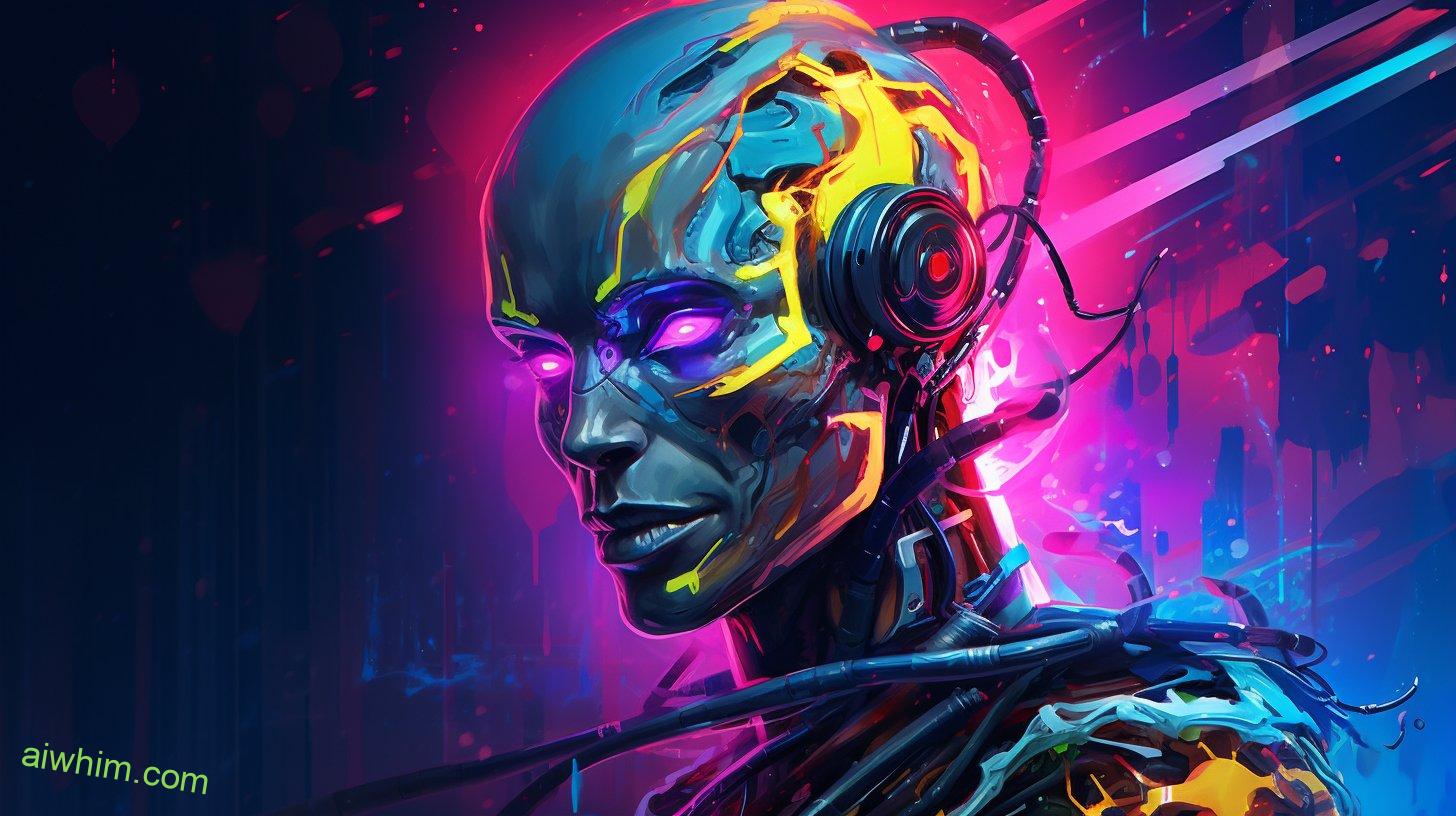
The Role of Music Teachers in AI-Powered Education
As AI continues to shape the field of music education, you must adapt to your evolving role in an AI-powered educational landscape. The role of music teachers in AI-powered education isn’t about being replaced by machines, but rather about embracing technology as a tool to enhance the learning experience. Integrating technology in music education can open up new possibilities and create more engaging and personalized lessons.
One of the key roles for music teachers in AI-powered education is to guide students in using technology effectively. While AI can provide instant feedback and assist in practice sessions, you play a crucial role in helping students interpret and apply that feedback. Your expertise and guidance can help students understand the nuances of musical expression that AI may not be able to capture.
Additionally, you can leverage AI-powered tools to streamline administrative tasks, allowing you to focus more on teaching and connecting with your students. AI can assist in tasks such as scheduling, grading, and data analysis, freeing up your time to provide personalized instruction and mentorship.
Furthermore, your role as a music teacher extends beyond technical instruction. AI may be able to teach students how to play notes and rhythms, but it’s through your guidance and mentorship that students can develop their musicality, creativity, and passion. You can inspire and motivate students, fostering a love for music that goes beyond what any AI can achieve.
In this AI-powered educational landscape, your role as a music teacher is more important than ever. By integrating technology in music education and embracing the opportunities it brings, you can create a powerful and enriching learning environment for your students. Embrace the possibilities and continue to shape the future of music education.
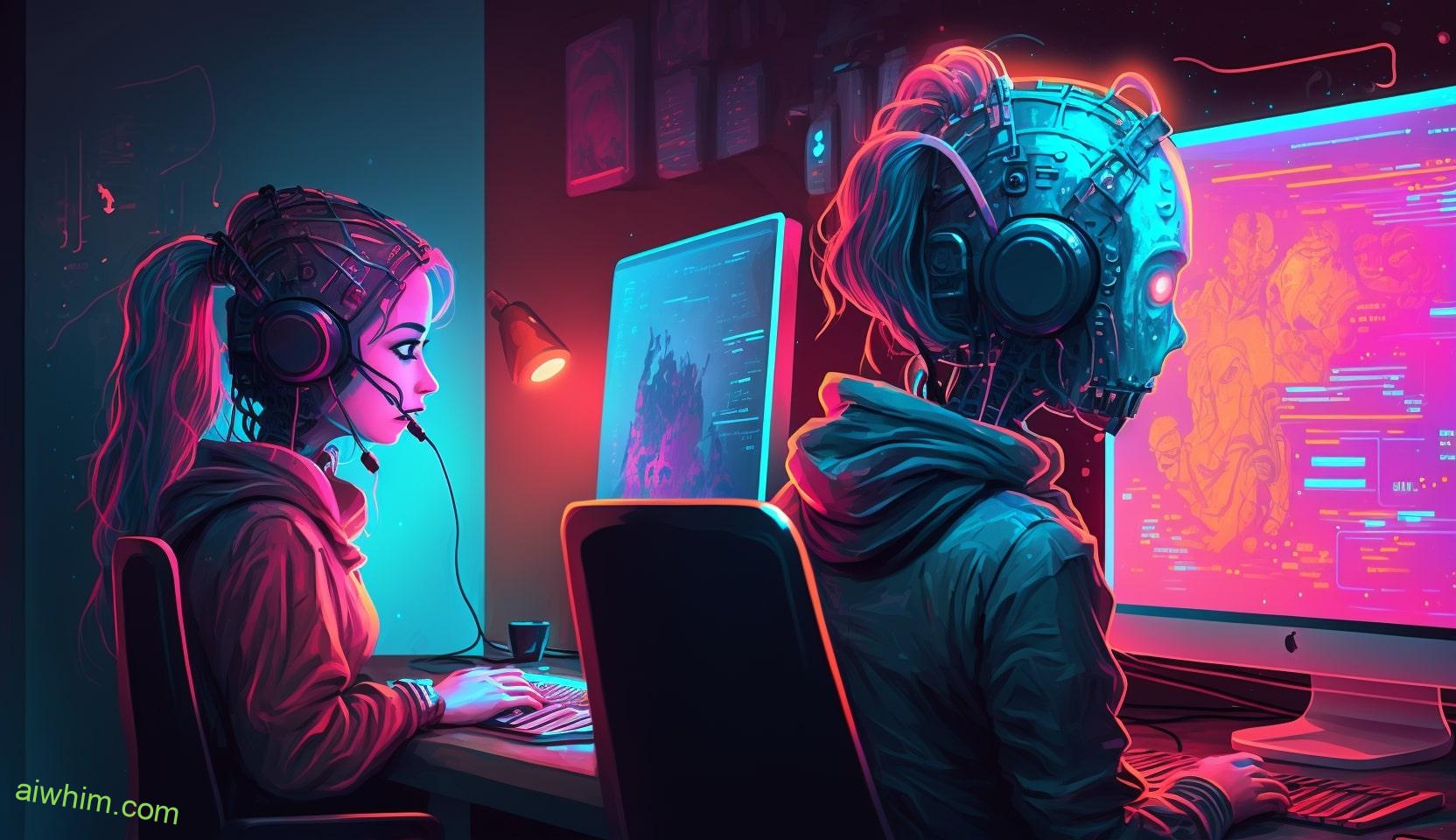
The Impact of AI on Music Curriculum
The integration of AI technology in music education has significantly impacted the curriculum, transforming the way you learn and engage with music. One of the most noticeable impacts is on music composition. AI has revolutionized the creative process, offering new tools and techniques to inspire and assist you in composing music. With AI-powered composition software, you can explore different melodies, harmonies, and rhythms with ease. It can analyze your musical preferences and provide suggestions to enhance your compositions. This integration of AI in music composition not only saves you time but also expands your creative possibilities.
Another area where AI has made a significant impact is in music performance. Integrating AI technologies in music performance has opened up new avenues for learning and practice. Virtual reality platforms allow you to experience performing in different venues and with various ensembles, providing a realistic and immersive experience. AI-powered practice tools can analyze your playing, identify areas for improvement, and offer personalized feedback to help you enhance your skills. These tools also offer adaptive learning, adjusting the difficulty level based on your progress, ensuring a tailored and effective learning experience.
However, it’s important to note that while AI has transformed the music curriculum, it doesn’t replace the human element. Music teachers still play a crucial role in guiding and mentoring you through your musical journey. They provide insights, interpretive guidance, and personalized instruction that AI can’t replicate. AI technology should be seen as a valuable supplement to traditional teaching methods, enhancing the learning experience rather than replacing it.
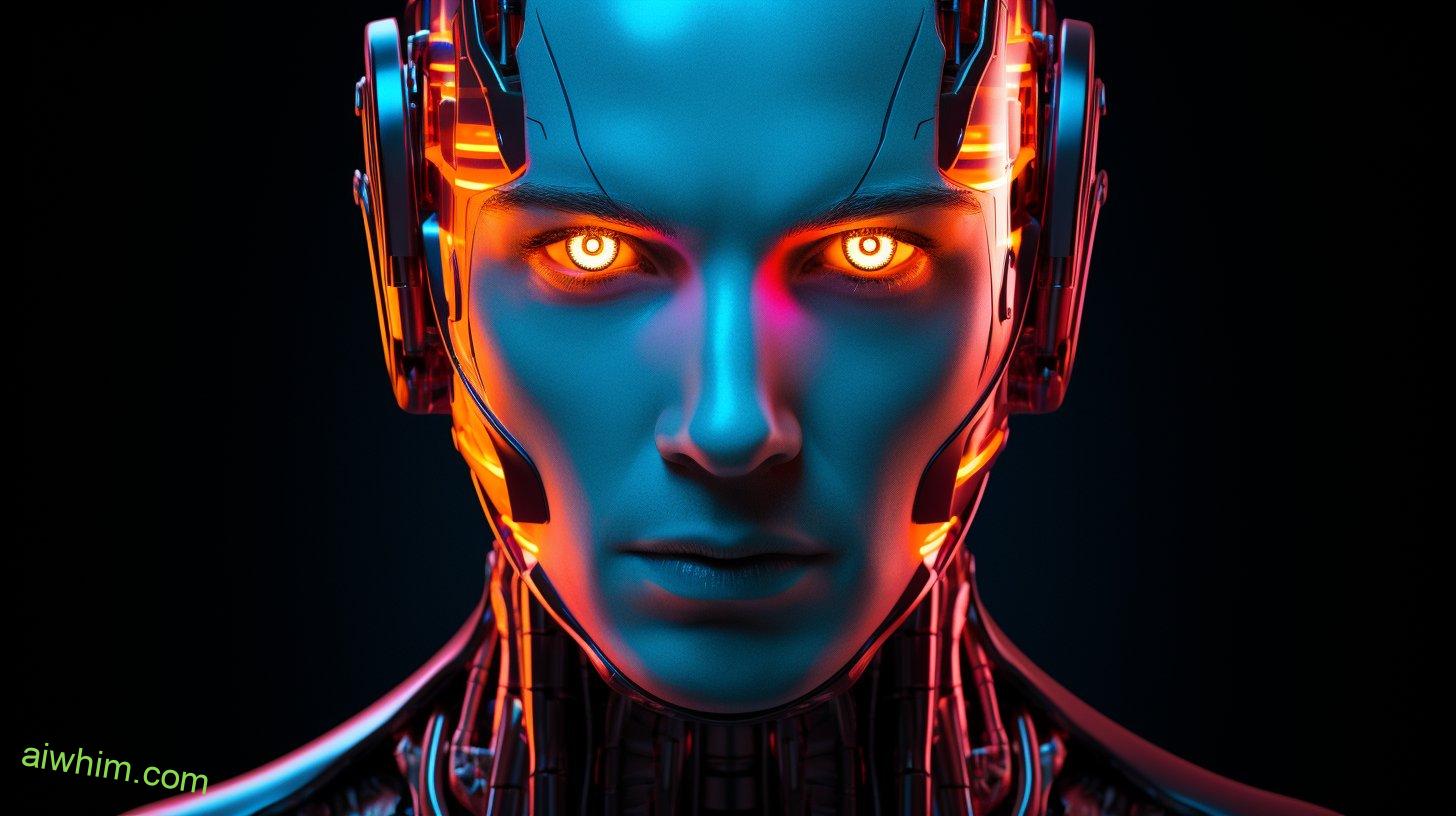
Adapting to the Changing Landscape of Music Education
To navigate the evolving landscape of music education, it’s essential for you to embrace the integration of AI technology while recognizing the unique value that music teachers bring to the table. The changing landscape brings new opportunities for technology integration, allowing music education to become more personalized and adaptable to individual needs.
Technology integration in music education opens up a world of possibilities. AI-powered tools can analyze a student’s performance, identifying areas for improvement and providing instant feedback. This personalized learning experience enables you to progress at your own pace, focusing on the areas where you need the most guidance. With AI, you have access to a virtual music teacher available 24/7, offering insights and guidance tailored to your specific needs.
However, it’s important to remember that technology alone can’t replace the human touch. Music teachers possess a deep understanding of the art form, its history, and its cultural significance. They bring passion, creativity, and a personal touch to the learning experience, fostering a nurturing environment for musical exploration and growth. While AI can enhance the learning process, it’s the music teacher who can inspire and guide you on your musical journey.
As technology continues to evolve, the role of music teachers will adapt as well. They’ll incorporate AI tools into their teaching methods, using technology to enhance their lessons rather than replace them. This integration allows for a more personalized and efficient learning experience, combining the best of both worlds.
In this changing landscape of music education, the key is to embrace technology while recognizing the irreplaceable value of music teachers. By integrating AI technology and personalized learning, you can experience the freedom to explore and grow as a musician, with the guidance and expertise of a dedicated music teacher by your side.

The Future of Music Teaching in the Age of AI
In the age of AI, music teaching is undergoing a transformative shift that will revolutionize the way you learn and engage with music. As technological advancements continue to shape the future of music education, it’s important to consider the future challenges and opportunities that lie ahead.
One of the main challenges that music teachers may face in the future is the integration of AI technology into the classroom. While AI has the potential to enhance and personalize music instruction, it also poses a threat to job security. As AI systems become more sophisticated, there may be concerns that they could replace human music teachers altogether. However, it’s crucial to remember that AI can’t fully replace the unique relationship and personal touch that a human music teacher brings to the learning experience.
Technological advancements in AI also offer exciting opportunities for music teachers. AI-powered software can provide instant feedback, helping students to improve their technique and musicality. It can also analyze a student’s progress over time and offer tailored recommendations for their individual growth. AI can also provide access to a wealth of musical resources, allowing students to explore different genres, styles, and techniques with ease.
The future of music teaching in the age of AI isn’t about replacing teachers, but rather empowering them with new tools and resources. As music educators, it’s important to embrace and adapt to these technological advancements, leveraging AI to enhance our teaching methods and better meet the needs of our students. By embracing the opportunities presented by AI, we can create a more dynamic and engaging learning environment that fosters creativity, exploration, and a lifelong love for music.
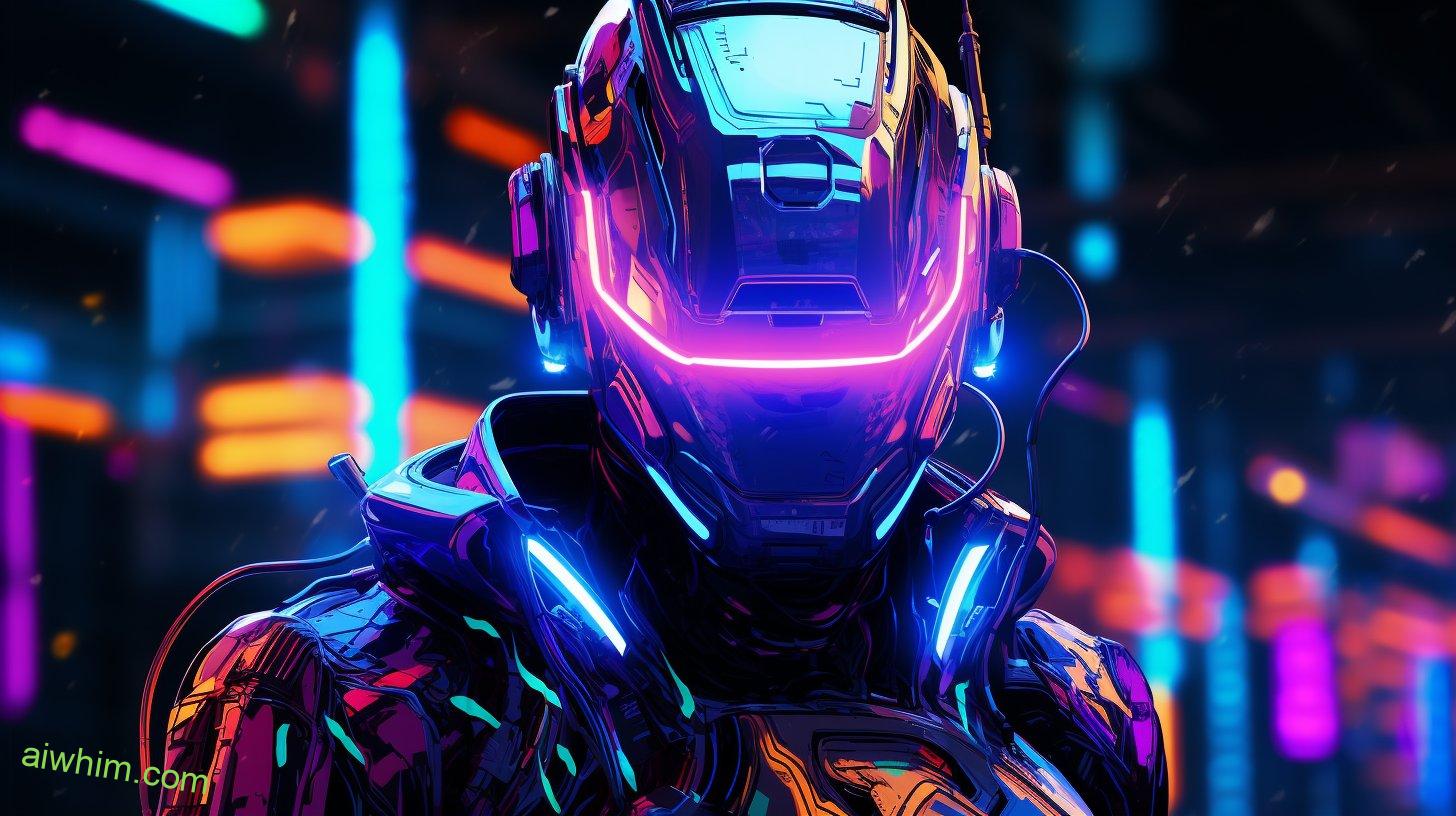
Finding a Balance: Collaboration Between AI and Music Teachers
Collaboration between music teachers and AI technology is crucial for finding a balance in the future of music education. While AI technology has the potential to revolutionize music teaching, it’s important to remember that human interaction and expertise are irreplaceable. By embracing collaboration opportunities and leveraging technology, music teachers can enhance their teaching methods and offer students a more comprehensive learning experience.
One way to foster collaboration between music teachers and AI technology is by incorporating AI tools into the classroom. These tools can provide valuable resources and support for both teachers and students. For example, AI-powered software can analyze students’ performances and provide instant feedback on technique and musicality. This allows teachers to focus more on individualized instruction, addressing specific areas of improvement, and nurturing students’ unique talents.
Additionally, music teachers can collaborate with AI technology by utilizing it as a creative tool. AI algorithms can generate musical compositions, opening up new possibilities for exploration and composition. Teachers can guide students in using these algorithms to experiment with different musical styles and techniques, encouraging creativity and innovation.
Furthermore, collaboration between music teachers and AI technology can extend beyond the classroom. Online platforms and applications can provide a space for teachers to connect, share resources, and exchange ideas. These platforms can also facilitate communication between teachers and students, making it easier to track progress, provide feedback, and offer support.
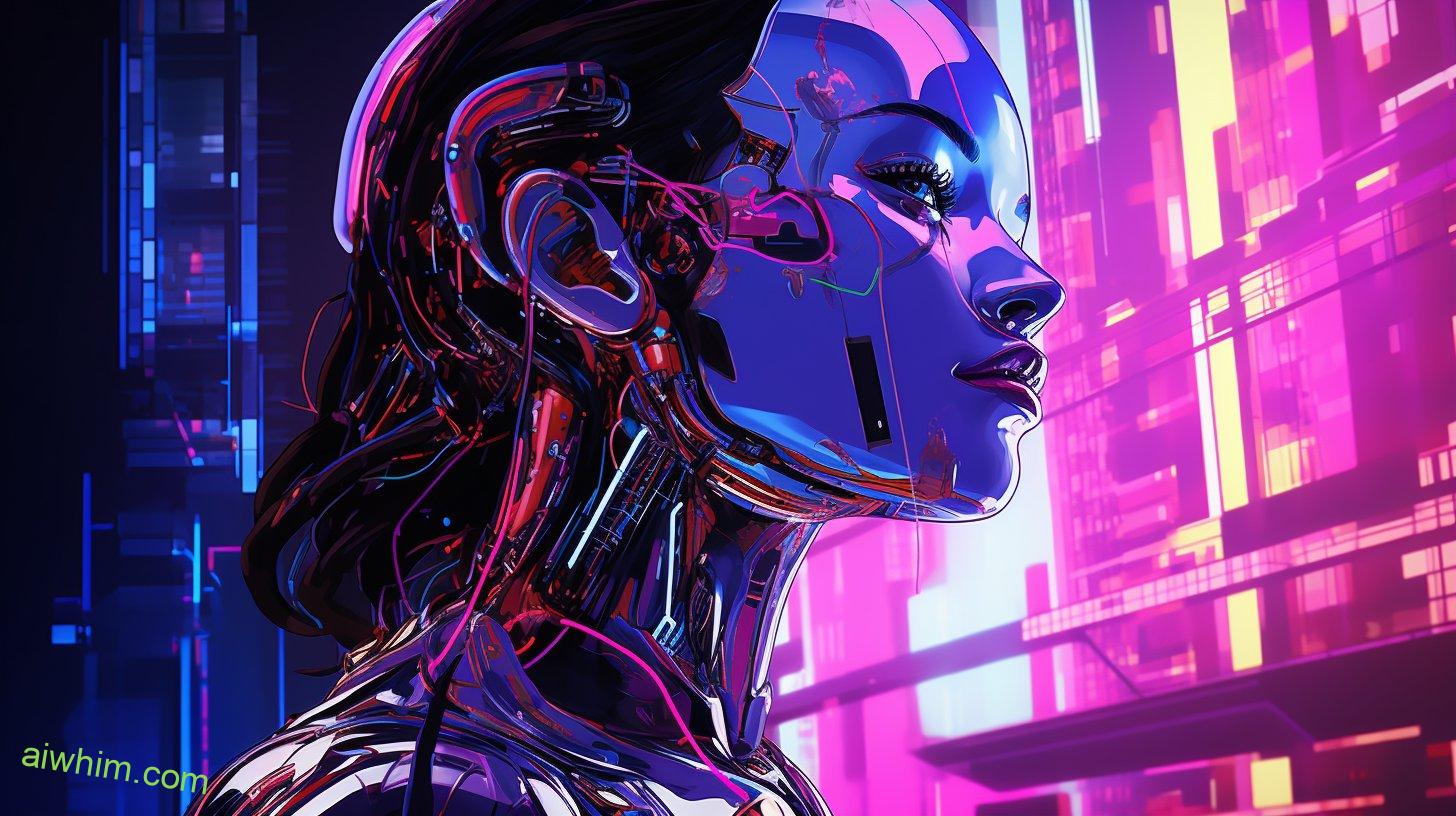
Frequently Asked Questions
How Does AI Technology Specifically Impact Music Education?
AI technology is revolutionizing music education. It enhances composition and performance by providing tools and resources that expand creativity and learning opportunities. Embrace the freedom and possibilities AI brings to your musical journey.
What Are Some Potential Drawbacks or Limitations of Using Ai-Powered Platforms for Music Learning?
Imagine the limitations of relying solely on AI for music learning. Ethical concerns arise when personalized learning becomes impersonal. Freedom to express, create, and connect with a human teacher is essential for holistic musical growth.
How Can Music Teachers Adapt Their Teaching Methods to Incorporate AI Technology?
You can adapt your teaching methods by integrating AI technology into your lessons. This can enhance student learning and provide new opportunities for creativity and exploration in music education.
What Are Some Potential Career Opportunities for Music Teachers in the Age of Ai?
In the age of AI, music teachers like you have exciting new opportunities to explore. You can bridge the gap between technology and traditional teaching, empowering students to embrace their musical freedom.
How Can Music Teachers Collaborate With AI Technology to Enhance Music Education?
To enhance music education, you can collaborate with AI technology through interactive learning and collaborative tools. By incorporating these tools into your teaching, you can create a more engaging and immersive experience for your students.
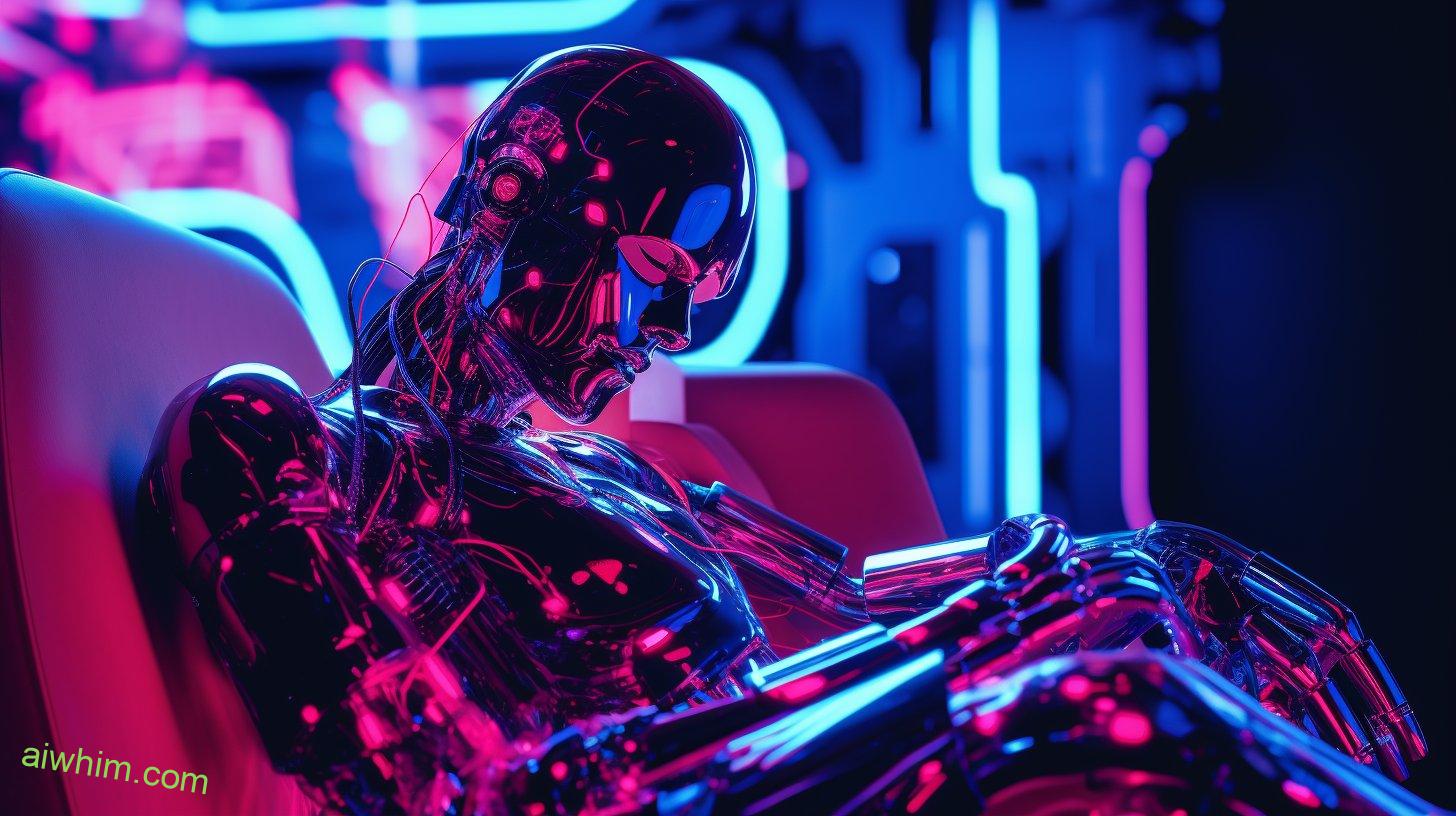
Conclusion
As the harmonious melody of AI intertwines with the expertise of music teachers, a harmonious balance emerges.
Like a conductor guiding an orchestra, music teachers will continue to play a vital role in shaping the future of music education.
Together, they create a symphony of knowledge, blending the power of technology with the human touch.
In this evolving landscape, the future of music teaching in the age of AI holds endless possibilities, where collaboration and innovation harmonize to create a symphony of learning.

